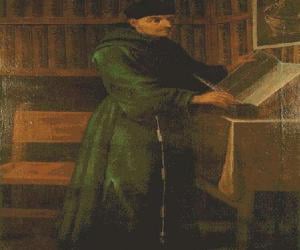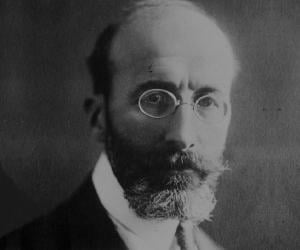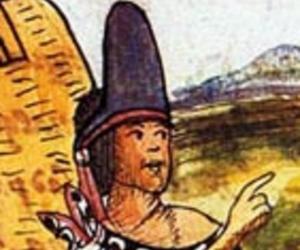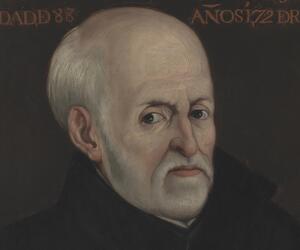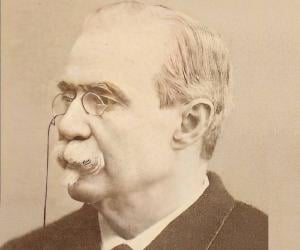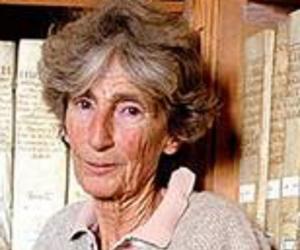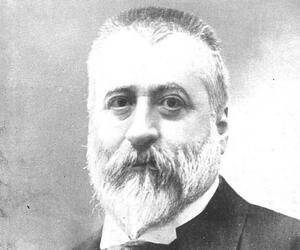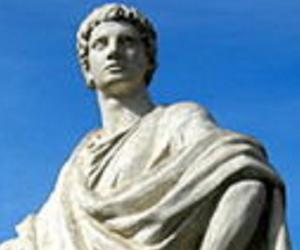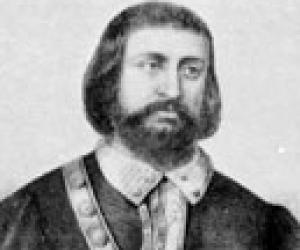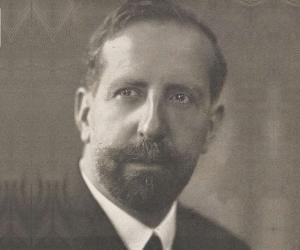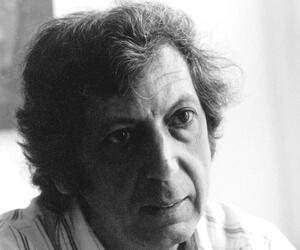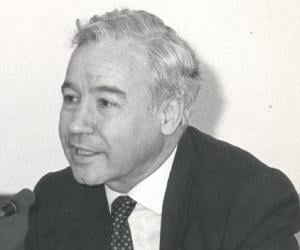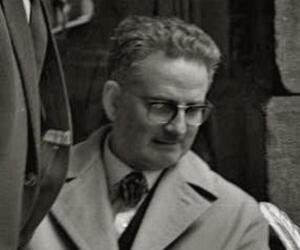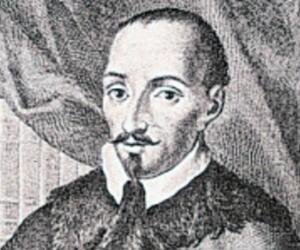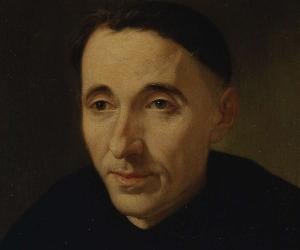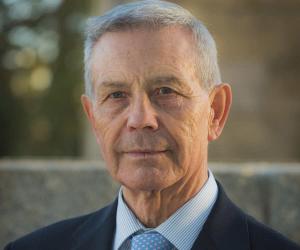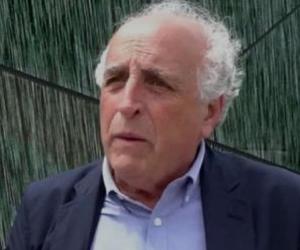1
Bernal Díaz del Castillo
(Spanish Conquistador Known for His Conquest of the Aztec Empire)
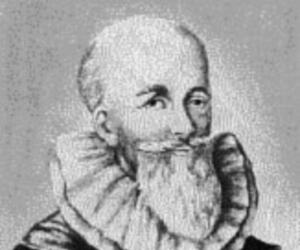
17
3
Birthdate: 1492 AD
Birthplace: Medina del Campo, Spain
Died: February 3, 1584
Bernal Díaz del Castillo was a Spanish conquistador who played a significant role in the conquest of the Aztec Empire under Hernán Cortés. He had prior experience in expeditions to Tierra Firme, Cuba, and Yucatán before joining Cortés. Later in life, he became an encomendero and governor in Guatemala and wrote his memoirs called The True History of the Conquest of New Spain. Castillo aimed to provide a more accurate account of the conquest, disputing previous biographies that he believed exaggerated Cortés' role.
